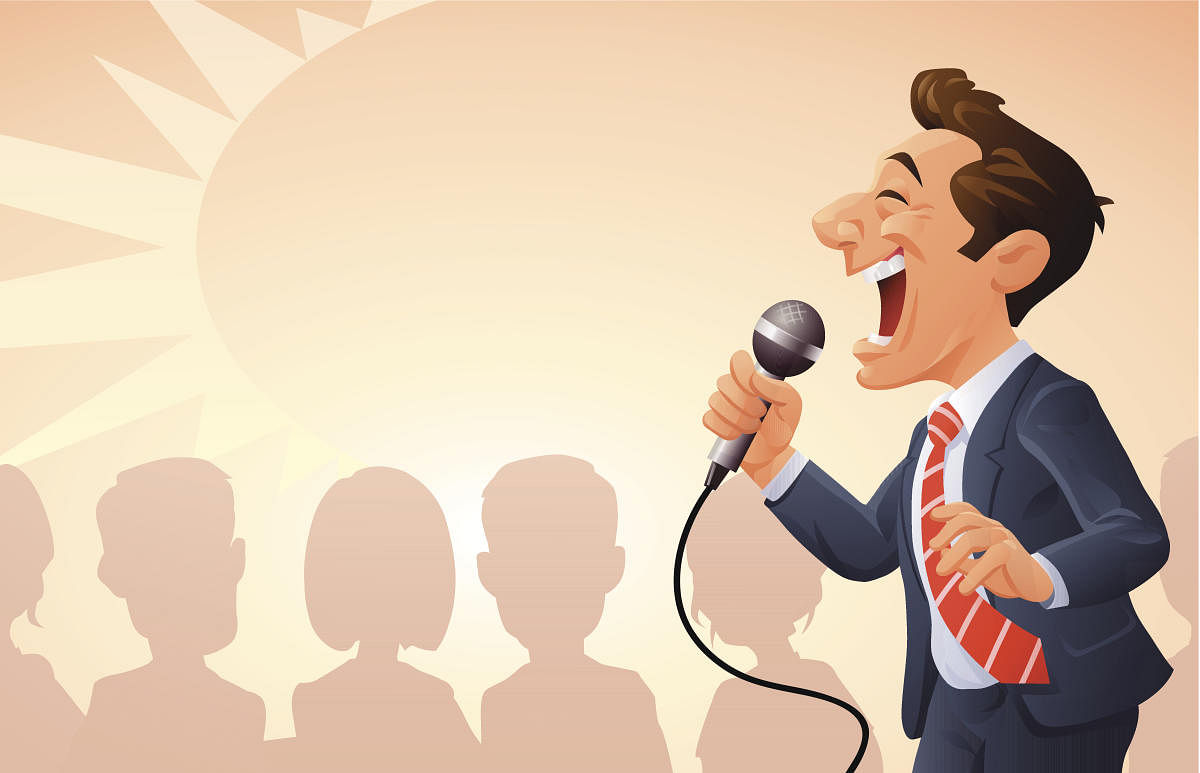
Researchers have found that debating is unsurpassed as a challenging and highly respected academic activity that stimulates and supports a child’s development across core academic skills such as writing speed, reading comprehension level, listening, note-taking, research, data analysis, evidence-based reasoning etc. Debating also sharpens critical 21st Century skills such as critical thinking, collaboration, communication, and creativity. Therefore, debating leads to overall improved efficiency and performance during school and continuing its payback through college and life.
Studies have found that many debaters value their experience as the highlight of their educational years. So, how does debate help students develop life skills?
Critical thinking and conflict resolution: Debate helps the student to examine issues critically while challenging rivals and preparing to recognise any escape clauses in their counter-arguments. The ability to think and respond quickly to questions and rebuttals is extremely important while debating – delay and hesitation can consume precious time and lose ground in a narrow decision. The capacity to think and react quickly can prepare students to navigate an advantageous position under any circumstance that life brings, particularly when timing is essential and a rapid decision needs to be taken.
Another trait of a good debater is remaining focused and not deviating from the issue or topic being discussed. Debaters put forth well-researched, evidence-based arguments, keeping personal remarks at bay.
One of the most important skills to become a more polished and proficient speaker and to grow in the long term, is knowing how to lose graciously and accept failures, both in debating and through everyday life. Debate also helps resolve conflicts amicably and with an end goal of achieving the best outcome after evaluating multiple perspectives. Debate teaches kids that often the best outcome isn’t a particular position, but a middle ground that balances different perspectives, risks, and opportunities. Debate instills confidence to graciously learn from constructive criticism and to work towards promoting personal growth.
Communication skills development: Students in debate learn to extend themselves through self-awareness and methodically articulating viewpoints, using evidence and logic, rather than simply expressing personal opinions. Students learn to research supporting facts, develop logic, and use evidence-based reasoning to concisely justify claims. Unlike traditional elocution, debate integrates even the most introverted students by gradually building confidence through aids and evidence. Students also learn patience, empathy, and the importance of listening attentively to the opposing team, while thinking critically to define questions that will challenge assumptions. These are core skills that help both in the classroom, as well as in developing a life long attitude of respect and openness to other viewpoints that are important in entrepreneurship and leading organisations.
Confidence boost: A large proportion of our populace is introverted. It is estimated that upto 50% of adults are hesitant and stage fright is among the greatest common fears. Conventional courses in elocution center a lot on obsolete methods requiring memorisation and rote learning of speech and dramatic abilities, in which extroverts generally perform better. This can additionally harm the confidence of introverted students, further reinforcing fears that they're not as skilled.
Debate is an intellectual exercise where the emphasis is on the content, persuasion, and research of students, not their retention abilities.
Technology has now allowed modern-day debates to be adapted live online which empowers the brightest students from across India and abroad to learn, challenge, collaborate, and advance together as future leaders.
(The author is a former US State Debate Champion)